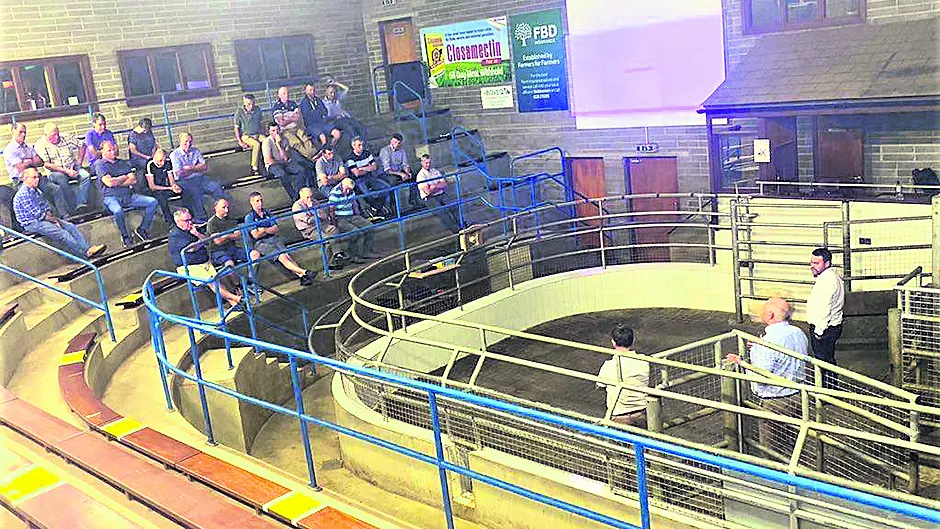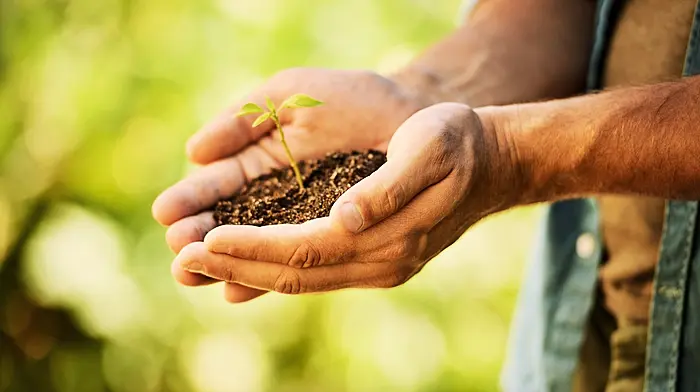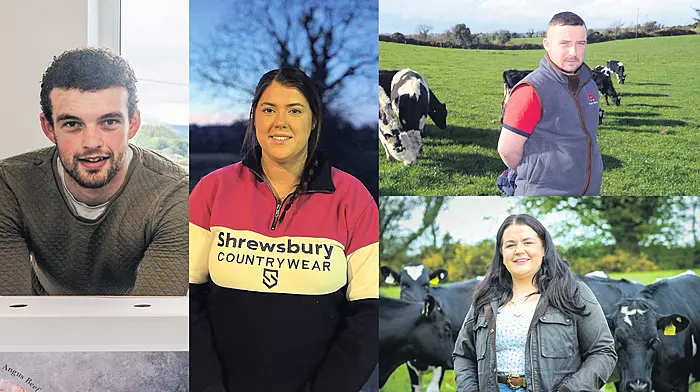By Tommy Moyles
CHANGES to the nitrates derogation are likely to have a greater impact on farmers in West Cork than the headline-grabbing emission reductions figures, was the key message at an IFA dairy meeting in Skibbereen Mart last week.
The latest Nitrates Action Plan takes effect from January 2023 and will increase the organic nitrate levels deemed to be produced per cow, with a new banding limit brought into effect for higher-yielding herds.
Many dairy farms in West Cork would have a smaller land base compared to other parts of the country, and subsequently would have a higher yielding cow. This could result in some dairy farmers having to reduce numbers by about 30% on their farms in order to comply.
Attendees heard that if there is any deterioration in water quality in a river catchment between this year and last year, then the limit on organic nitrate levels per hectare in that catchment will drop from 250kgs to 220kgs. According to the EPA, a reduction of 22% is required in Bandon river catchment.
‘We want to be part of the solution,’ said Stephen Arthur, the IFA’s national dairy committee chair. ‘Farmers want to, and are, working towards reducing their emissions on farms, but need support in the process of making this happen. The narrative that farmers don’t want to do their fair share in this process is totally wrong. What we do want, however, is a proper plan agreed with government on how this can happen.’
The ASSAP (agricultural sustainability support and advisory programme) programme is working where it is in place, why we can’t have a bigger one?’ he asked.
Highlighting that dairy farmers have spent €2.2bn on their farms since 2015 and have a lot of bank repayments to repay, he pointed out that cuts in income will hit the sector hard.
‘Maybe those not involved in farming don’t realise that we have to pay mortgages and have consumer bills like everyone else and they’re asking us to start taking a cut of 10 or 20% on our income, before we start paying those things. If that sort of cut in income was in any service sector there would be uproar,’ he said.
A number of board members from the four West Cork co-ops were in attendance including Carbery chairman Cormac O’Keeffe.
Acknowledging that nitrates is a big threat to Carbery, as over half their suppliers are in derogation, he reminded those present that work is well underway to reduce emissions on farms in the area.
The Farm Zero C project and the ASSAP programme were highlighted as positives that Carbery milk suppliers have actively been involved in already.
The new sustainability bonus FutureProof will pay a 1c/l bonus to suppliers in 2023 who partake in a number of measures, including milk recording, meeting an EBI (economic breeding index) threshold, use protected urea and a commitment to taking part in the ASSAP programme. Farmers who sign up to take part in ASSAP for the remainder of 2022 will be paid 0.5c/l on milk supplied for the remainder of the year and this will double in 2023.
He also reminded those present that it’s not just cuts to emissions on milk suppliers farms that the Ballineen-based processor has to allow for.
‘Carbery also has to deal with reducing emissions from transport by 50%, and energy by 40%. We have an anerobic digestor that can produce almost 10% of our energy requirements and the R&D building has solar panels and is powered by those. At peak we have 100 trucks a day delivering milk so that’s another area we’ll have to consider.’
O’Keefe added that research is ongoing as to the feasibility of increasing those existing measures, as well as developing new ones.
This is something the milk processor has been working on for a considerable number of years and will continue to do so.
There were numerous concerns from the floor regarding the effects of the changes, along with potential for income and employment loss in the area.
Also raised was the issue that farming doesn’t always get a fair portrayal in the media and so some farmers wondered if there were others within agriculture, other than the farm representative bodies, who can bring their expertise to the debate.
With farmers debating against professors on television and radio, there must be more experts within the industry available to give their viewpoint, some farmers pointed out.
Concerns from farmers at the meeting regarding the emission cuts focused on offsetting.
Currently only actions completed after 2018 will count, meaning existing forestry and hedgerows aren’t factored in.
With airlines and different companies allowed offset their emissions by planting trees, one frustrated farmer said he had 40 acres of forestry planted in the 90s and currently he can’t put that against his farm emissions.










